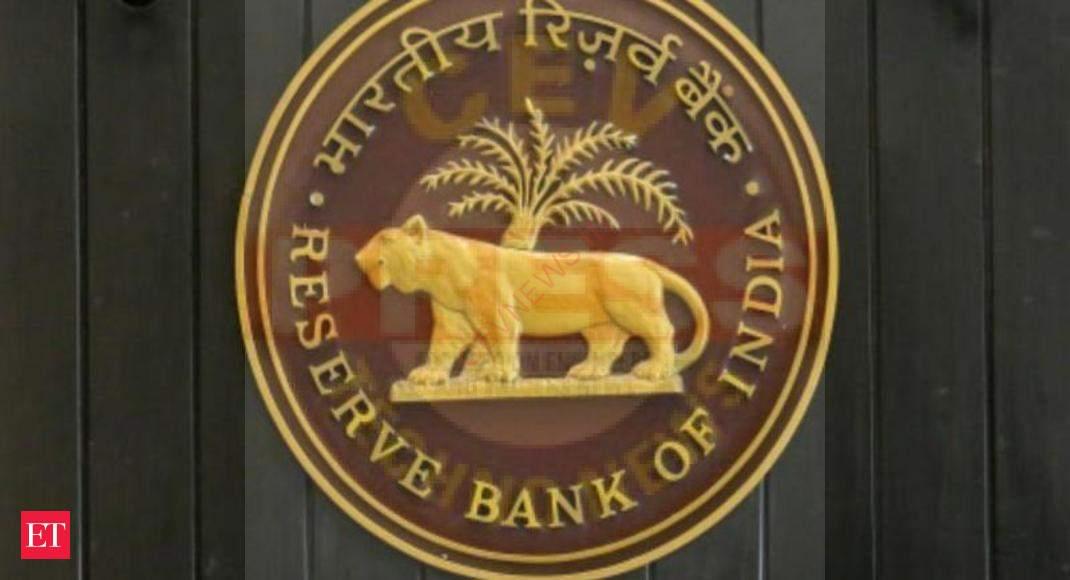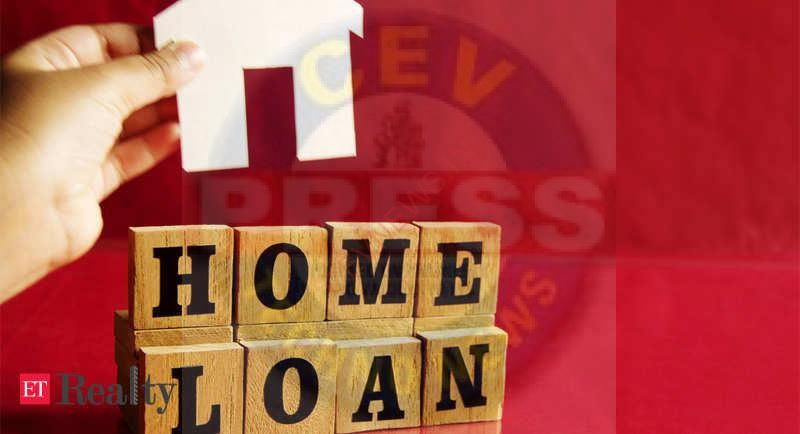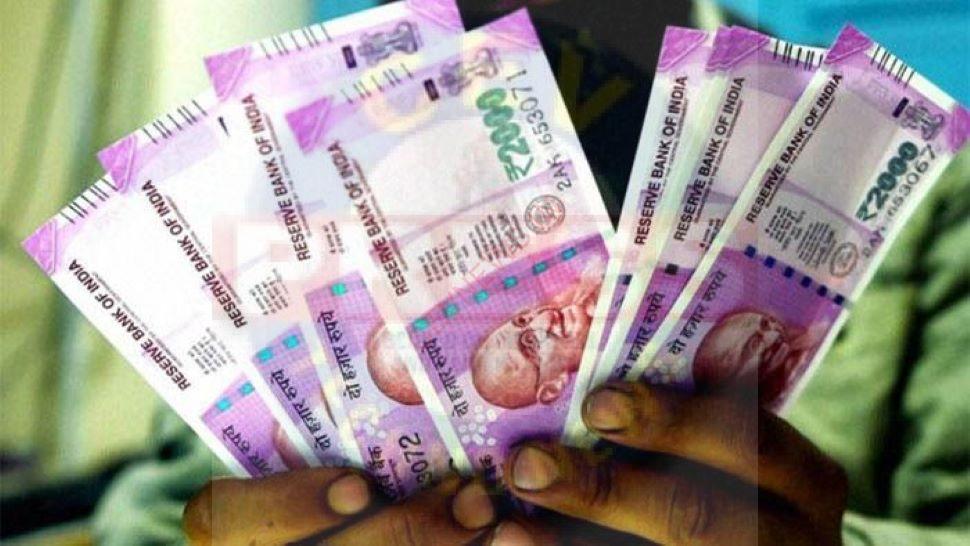Saturday Brain Storming Thought (124) 31/07/2021
COMPILED BY ER. AVINASH KULKARNI
SUBPRIME MORTGAGE
A Subprime mortgage is generally a loan that is meant to be offered to prospective borrowers with impaired credit records
The highest interest rate is intended to compensate the lender for accepting the greater risk in lending to such borrowers
Key points for Subprime mortgage
1) Subprime refers to the below-average credit score of the individual talking about the mortgage, indicating that they might be a credit risk
2) the interest rate associated with Subprime mortgage is usually high to compensate lenders for taking the risk that borrowers will default on the loan
3) these borrowers typically have credit scores below 640 (CIBIL) along with other negative information in their credit reports
4) the 2008 financial crisis has been blamed in large part on the proliferation of Subprime mortgages offered to unqualified buyers in the years leading up to the meltdown
5) new mortgages to Subprime borrowers have restrictions placed on them and must be properly underwritten

CIBIL Score
CIBIL score is a 3 digit numeric summary of your credit history, rating, and report, and ranges from 300 to 900
CIBIL score 1 means that no information about the borrower’s credit history is available whatsoever
CIBIL score -1 means you have no credit history, it means you have not taken any credit or loan to date
Credit Score for Subprime
1) Subprime – 580 to 619
2) Near prime – 620 to 659
3) Prime – 660 to 719
4) Super prime – 720 and above
Subprime Interest rates
Higher than average interest rates charged on loans to riskier borrowers
Causes of the Subprime Mortgage Crisis (2008 financial crisis)
1) Hedge funds played a key role in the crisis
2) derivatives drove the Subprime crisis
3) Subprime and Interest-only mortgage don’t mix
4) two myths about what caused the crisis – the community reinvestment act and the act was done to create additional profitable derivatives
5) collateralized debt obligations
6) downturn in real estate prices triggered the disaster
7) the Subprime mess spread to the banking industry
8) how a little accounting rule made things much worse

Hedge Funds
A hedge fund is an alternative investment that is designed to protect investment portfolios from market uncertainty while generating positive returns in both up and down markets
Collateralized Debt Obligations ( CDOs)
CDOs are financial tools banks use to repackage individual loans into a product sold to investors on the secondary market
Prime loans
Loans offered to borrowers with good credit histories and carry lower interest rates
Subprime loans
Loans that are offered to borrowers with bankruptcies, defaults, or late payment histories

Housing Bubble
1) housing prices go up because demand goes up
2) housing bubbles usually start with an increase in demand, in the face of limited supply which takes a relatively long period of time to replenish
3) Speculators enter the market, believing that profits can be made through short-term buying and selling
4) this further drives demand
5) it is impossible to predict and difficult to detect
The reasoning of Subprime loans issue
1) for banks to earn more money by tapping the defaulting customers
2) for young people who do not have enough money for the down payment
3) for people having financial problems
4) for people who are discriminated against

History of increase in Subprime borrowers
1994 – 5%
1996 – 9%
1999 – 13%
2006 – 20%
The sequence of Subprime loans
1) cut in interest rates in the year 2000-2001
2) triggered borrowings and availability of cheap money
3) growing demand led to an irrational rise in prices
4) assumptions that the situation will remain the same and refinancing would be possible
5) lending industry resorted to exotic loans & riskier practices (to keep this boom going)
6) prices fell down and the housing bubble collapsed (2006)
7) defaults / foreclosures
Impact of crisis in financial systems
1) banks reduce lending
2) companies often face bankruptcy
3) unemployment rises
4) increase poverty
5) crashing of stock market
6) consumer reduces their spendings
7) manufacturing declined
8) global trade diminished
9) countries adopted protectionist measures
10) many turning their attention inward to focus on problems caused by the financial crisis
![]()
![]()
Compiled by:-
Avinash Kulkarni

Chartered Engineer
Govt Regd Valuer
IBBI Regd Valuer





